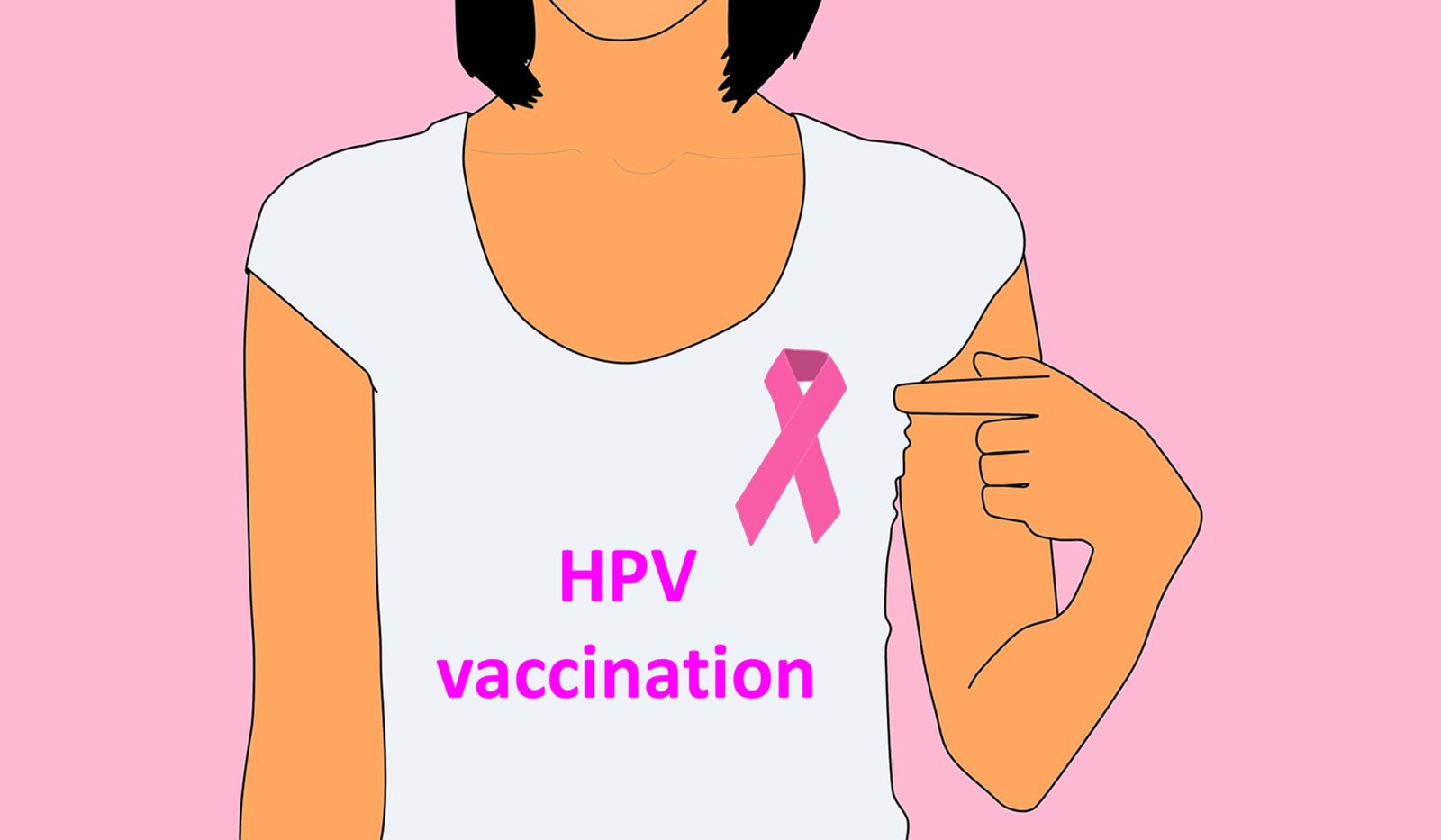Background: This #DoesItWorkSummary is based on the findings of a Cochrane Systematic Review published in May 2018 [1]. Infection with human papillomaviruses (HPV) is the major cause for the development of cervical cancer. Two HPV types, HPV 16 and HPV 18 cause around 70% of all cervical cancers in the world [2]. Initial precancer lesions can develop into cervical cancer after several years, but not everyone who has cervical precancer will develop cancer. Preventive vaccination triggers the development of immunity against HPV, which is protective against HPV infections. Aiming to get overview for the efficacy and safety of HPV vaccination, systematic evaluation of the human trials was performed.
Findings: Analyzed were 26 trials with 73,428 participating girls and women [1]. All of the trials evaluated the safety of the vaccine over a period 0.5 to 7 years, and ten trials, with follow‐up 3.5 to 8 years, examined possible protection against precancer. High‐certainty evidence was found that HPV vaccines protect against cervical precancer in girls and women who were vaccinated between 15 and 26 years of age. The protection against cervical precancer that was offered by the vaccination was higher if the person was not already infected with HPV at the time of vaccination. However, the available data were not sufficient to make conclusions for the efficacy of vaccination in the prevention of cervical cancer. Vaccination did not increase the risk of serious adverse effects. There was low-certainty evidence for higher death rates among women older than 25 years who received the vaccine (however particular cause or pattern linking this to the vaccination were not found). While the presently available data strongly indicate preventive effects of HPV vaccination on cervical precancer development, larger trials with longer follow-up are needed to examine the impact on cervical cancer, as well as to better evaluate safety in respect of potential rare adverse effects and pregnancy outcomes.
References
1 Arbyn, M., Xu, L., Simoens, C. and Martin-Hirsch, P.P. (2018) Prophylactic Vaccination against Human Papillomaviruses to Prevent Cervical Cancer and Its Precursors. Cochrane Database of Systematic Reviews, John Wiley & Sons, Ltd. https://doi.org/10.1002/14651858.CD009069.pub3.
2 Human Papillomavirus (HPV) and Cervical Cancer. http://www.who.int/news-room/fact-sheets/detail/human-papillomavirus-(hpv)-and-cervical-cancer.
Keywords: #DoesItWorkSummary, vaccination against human papillomaviruses, cancer prevention, cervical precancer, cervical cancer.
Join for free INPST as a member
The International Natural Product Sciences Taskforce (INPST) maintains up-to-date lists with conferences, grants and funding opportunities, jobs and open positions, and journal special issues with relevance for the area of phytochemistry and food chemistry, pharmacology, pharmacognosy research, and natural product science.
Leave a comment:


























